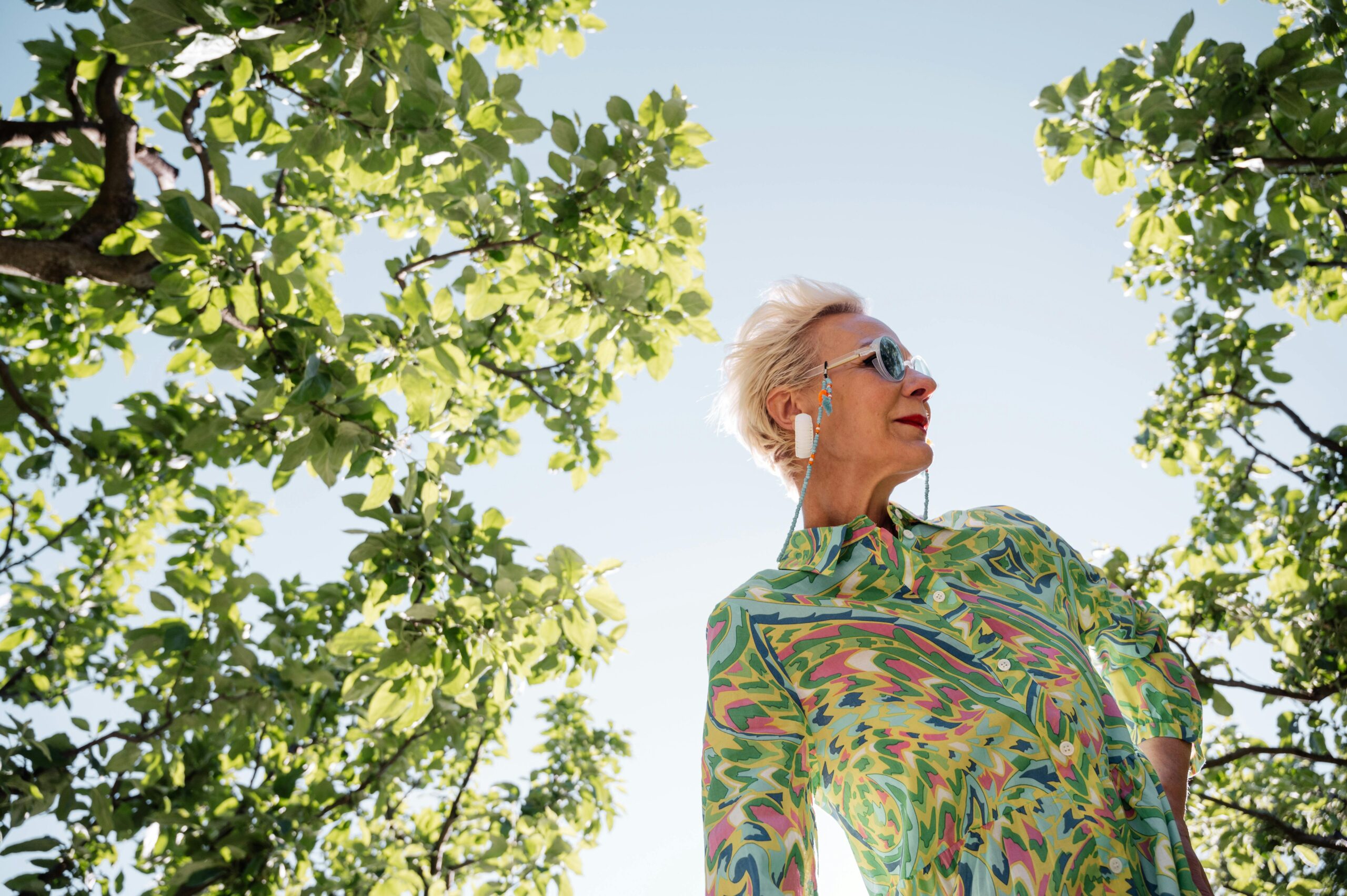
By Tracy Badua
Raise your hand if you had a friendship bracelet in elementary school (or, truthfully, whenever. Thank you, Taylor Swift).
Now, keep your hand up if you’re still best friends with the person who gave you that bracelet.
Some folks are so fortunate to have the same close friends they’ve had since childhood but many, if not most of us (looking at you, with your hand down!), are not. Even the strongest bonds can strain and snap in the face of new towns, new friends, competition, spiraling misunderstandings, or simply interests that diverge more and more over time. Growing up is more than report cards, skinned knees, and later bedtimes. It can also mean growing apart from the people who helped make you you.
I wanted to explore this in my upcoming young adult novel, We’re Never Getting Home, which focuses on the relationship between two ex-best-friends. The main character, Jana, gets stranded at a music festival with the one person she’d been trying to avoid: Maddie, who seems to choose her boyfriend over Jana more and more lately. The story follows their chaotic journey trying to find their lost keys and get home, with a few flashbacks to when times were better, to when Maddy and her “Emotional Support Jana” were inseparable.
With WNGH, I wanted to show young women whose stories don’t solely revolve around a love interest, because much of my own youth wasn’t spent chasing a crush or analyzing texts for undercurrents of something more. It was spent rushing school projects due the next day or explaining to friends that my family didn’t really do sleepovers.
I grew up in a household where academics and family were the main focuses. Dating was discouraged–until you were 35, making your own money, living in your own affordably priced place, and otherwise being an exemplary representation of your family and community (I’m joking. Mostly.). Truer to my own experience then, WNGH touches more on the friends and family who push and pull at our edges in different ways, who may flit in and out of our lives but still make everlasting marks.
However, my process in writing about friendship meant digging into the good and bad ones I’ve been part of, analyzing where I went right and where I might have gone horribly, horribly wrong. Post-mortems on failed and faded relationships are precisely as uncomfortable as you think they are. What I realized while building out Jana and Maddy’s fictional friendship is that I’m not the kind of person who does the big, messy friend breakups most often dramatized on pages and screens.
I am guilty, however, of sometimes going silent when overwhelmed (which I often am these days, and increasingly so). This was a difficult realization to swallow: that when life comes at me too hard, my first reaction is to retreat into myself and buckle down to weather the storm, rather than reaching out to those who could shore me up.
In all honesty, there are plenty of social and cultural reasons–in addition to my own go-getter personality– that made this route my default. The concepts of being vulnerable and asking for help are new or even unwelcome in some households and communities. Still, who knows whether the road would’ve been smoother if I’d had the courage to bring someone along? At a minimum, it would’ve been a little less lonely. My household members and work colleagues might’ve appreciated me having an extra outlet for that grumpiness too.
I remember the weight sliding off my shoulders as I typed The End on this book. Thanks to seeing my own harsh reflection in that literary mirror, I knew I needed to do more with my own friendships too. Good relationships require time, attention, and dedication. They may withstand the occasional drought but not complete neglect.
So I started small: commenting on the occasional social media post, sharing the amazing work my friends have been doing, responding to those emails and texts more quickly (when my kid doesn’t somehow delete the notification or the entire message while she’s playing games on my phone). I’ve been saying yes to those dinners, joining those zoom meetings, and even booking those flights. I’m making conscious efforts to rebuild or maintain the connections that might’ve flickered during times of stress and solitude.
I don’t mean this to be a call for everyone to suddenly rebirth themselves into social butterflies. Rest, however it looks for you, is important. And childcare, pet boarding, and plane tickets aren’t free, as much as we all wish they were. But if you’ve been looking for a sign to get back in touch with that wonderful person who slipped through your attempts to juggle everything, this is it, in all the flashy multicolor stage lights of a music festival.
So go ahead: send that text, make that comment, heart that post. Make someone’s day a little brighter by showing that they still hold a place in your life.
And as a wise woman once said, “Make the friendship bracelets, take the moment and taste it.”


Tracy Badua is an award-winning Filipino American author of books about young people with sunny hearts in a sometimes stormy world. By day, she is an attorney who works in national housing policy and programs, and by night, she squeezes in writing, family time, and bites of her secret stash of candy. School and work brought her from California to Washington, DC, and back, and she now lives in San Diego, California, with her family. Her latest novel “We’re Never Getting Home” is out April 16, 2024. She was awarded the Society of Children’s Book Writers and Illustrators’ Sid Fleischman Humor Award, the SCBWI Out from the Margins Award, and a Conference Choice Award at the 2017 San Diego State University Writers’ Conference. You can follow her on Instagram, Twitter and Goodreads.
















